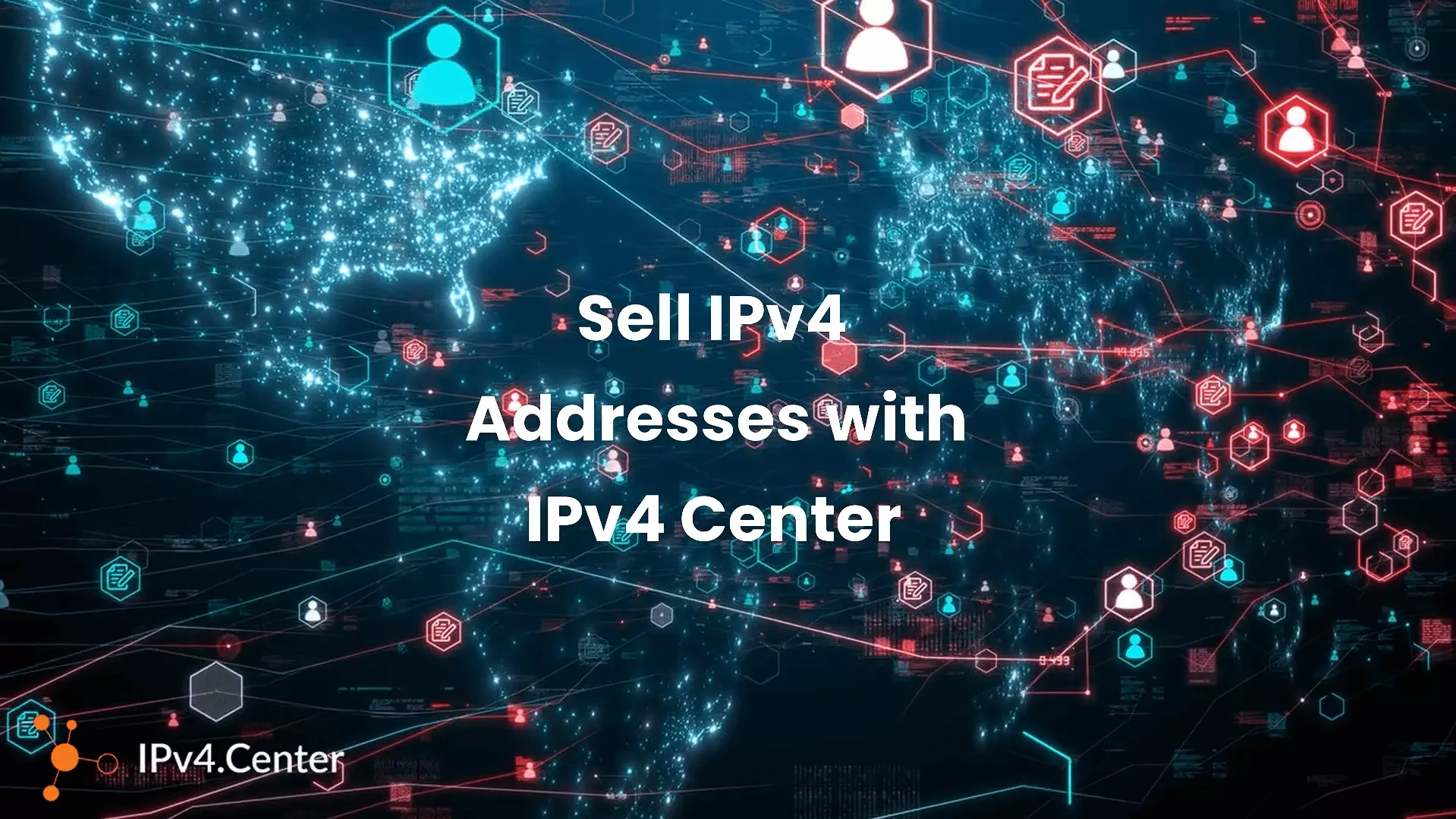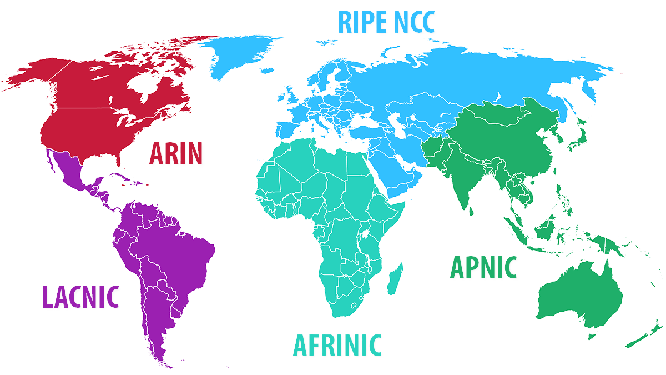


Are you familiar with the process? If you are not, take a look at our seller work-flow.














Selling IPv4 addresses involves several steps to ensure a smooth and compliant transfer. Here is an outline of the process:
Keep in mind that selling IPv4 addresses requires adherence to the policies and guidelines set by the relevant RIR, so ensure you understand the rules and requirements for your region.
When selling IPv4 addresses, it is crucial to be aware of the legal and regulatory issues associated with the process. These rules are primarily set by Regional Internet Registries (RIRs), which are responsible for managing and allocating IP addresses within their respective regions. Here are some key considerations to keep in mind:
To ensure a smooth and compliant transfer process, consult with an IP broker, Internet Service Provider (ISP), or your RIR to better understand the specific rules and requirements for your region. Familiarizing yourself with the legal and regulatory issues associated with selling IPv4 addresses can help you avoid potential complications and ensure a successful transaction.
You can sell a portion of your IPv4 address block, but there are some considerations and restrictions you need to be aware of:
Subnetting: When selling a portion of your IPv4 address block, you will need to divide the block into smaller subnets. This process, known as subnetting, involves reassigning the IP addresses and updating the network masks to create new address ranges that can be independently routed.
Minimum block size: Regional Internet Registries (RIRs) often impose minimum block size requirements for IP address transfers. For example, some RIRs may require a minimum transfer size of a /24 block, which contains 256 IPv4 addresses. This restriction is in place to prevent excessive fragmentation of IP address space and to ensure efficient routing within the internet.
Updating records: When selling a portion of your IPv4 address block, you'll need to update the records with the relevant RIR to reflect the new ownership and routing information for the sold subnet. This ensures accurate registration and allows the buyer to fully utilize the purchased IP addresses.
Potential issues: Dividing an IPv4 address block may result in reconfiguration requirements for your existing network infrastructure, which could lead to potential downtime or added complexity. Additionally, selling only a portion of your IPv4 address block may affect the value of the remaining addresses, as smaller blocks may be less desirable in the market.
Before deciding to sell a portion of your IPv4 address block, consider the technical implications, market demand, and any requirements imposed by your RIR. If you decide to proceed, it may be helpful to work with an IP broker or a network expert to ensure a smooth transfer process and to minimize any potential disruptions to your network.
While selling IPv4 addresses can generate revenue for your organization, there are some potential risks and drawbacks that you should consider:
Before deciding to sell your IPv4 addresses, carefully evaluate your organization's current and future needs, and consider the potential risks and drawbacks associated with the sale. If you decide to proceed, working with an experienced IP broker or legal advisor can help you navigate the process and mitigate potential risks.

If you have a surplus of IPv4 addresses, selling them can be a great way to earn some extra revenue. However, the process can be complex, and finding the right provider is crucial. In this post, we'll cover everything you need to know to sell IPv4 addresses, including the price of IPv4 blocks, how to sell them, and what to look for in a provider.
The IPv4 address market can be challenging to navigate, with many different factors affecting the price of IPv4 blocks. These factors can include regional demand, block size, and the condition of the address space. To get the best price for your IPv4 block, it's essential to understand these factors and work with a provider who can guide you through the process.
At our company, we specialize in Sell IPv4 Block of all sizes and can help you navigate the market to find the best possible price for your address space.
When it comes to sell IPv4 address space, finding the right provider is crucial. A good provider will be able to offer you a fair price for your block and help you navigate the complex process of selling IPv4 addresses. Look for a provider with a track record of success and a team of experts who can guide you through the process.
Our company is a trusted provider of IPv4 address space, with years of experience helping clients sell their address blocks for the best possible price. We offer personalized service and expert guidance to ensure that you get the best possible deal for your IPv4 block.
There are many factors that can affect the IPv4 Sell Price of an IPv4 block, including the regional demand for addresses, the size of the block, and the condition of the address space. Working with a provider who understands these factors can help you get the best possible price for your address block. It's also important to be aware of market trends and be prepared to negotiate to get the best possible deal.
At our company, we use our expertise and industry knowledge to negotiate the best possible price for your IPv4 block. We'll work with you to understand your needs and find the right buyer for your address space.
Choosing the right IPv4 Sell Provider to sell your IPv4 block can make all the difference in getting the best possible price for your address space. Our company is a trusted provider of IPv4 addresses, with a proven track record of success in helping clients sell their address blocks. We offer personalized service, expert guidance, and competitive pricing to ensure that you get the best possible deal for your IPv4 block.
At our company, we have a team of experts who understand the complexities of the IPv4 market and can help you navigate the process of selling your address space. We work with a wide network of potential buyers to ensure that you get the best possible price for your IPv4 block.
When choosing a provider to sell your IPv4 Address Block Seller, it's important to look for certain qualities. You want a provider with experience in the market, a track record of success, and a team of experts who can guide you through the process. You also want a provider who offers personalized service and competitive pricing.
At our company, we offer all of these qualities and more. Our team of experts has years of experience in the IPv4 market and can help you navigate the complexities of selling your address block. We offer personalized service and competitive pricing to ensure that you get the best possible deal for your IPv4 block.
Join our newsletter to keep updated from our news.